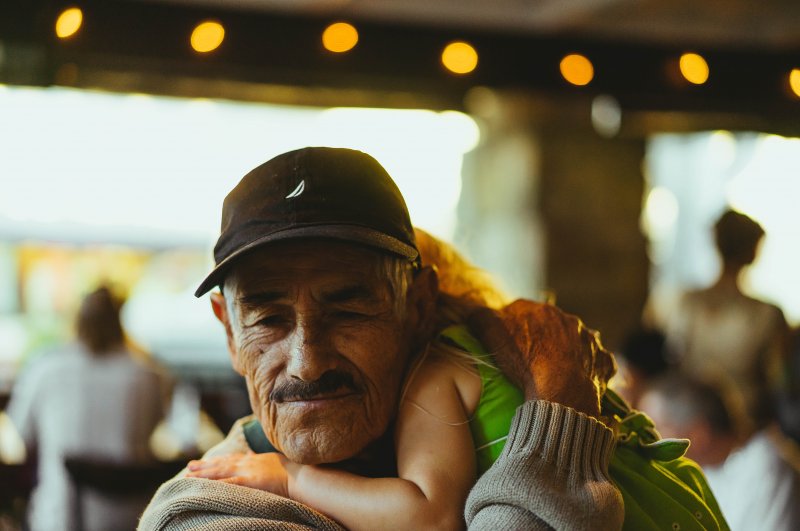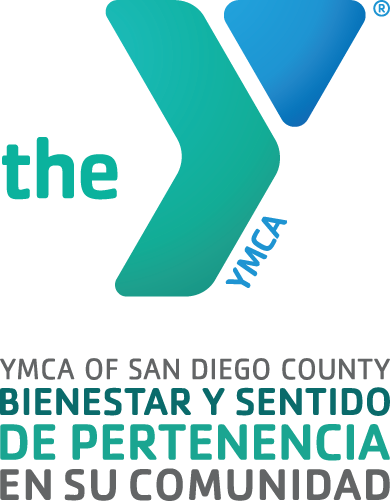April is National Child Abuse Prevention Month, a nationwide campaign to prevent child abuse and neglect and promote the social and emotional well-being of children and families. Previously, we covered how we prevent child maltreatment in families.
You don’t need to have children yourself to recognize that becoming a parent is a transition filled with as many challenges as there are triumphs. It simply isn’t enough to make sure a child has food on the table and clothes to wear, though those are critical too. First-time parents need to develop concrete and emotional skills to create a safe environment and healthy bonds that prevent child abuse and limit a child’s exposure to adverse experiences.
Maltreatment, particularly when experienced in early childhood, can disrupt brain and physical development and increase the risk for health problems such heart disease, cancer, obesity, depression, and suicide, among others, later in life. [1] Children who have been maltreated face a lifetime of trauma that affects their brain development, social-emotional proficiency, physical health, and mental health. These emotional and behavioral issues can manifest in increased instances of delinquency, difficulty in school, and risky behaviors as they grow.
At the YMCA of San Diego County, we play an important role in the lives of young adults, ages 18-24, who are parenting young children of their own. Many of these young adults in our Transitional Housing and Youth Development programs come to us from fractured family environments and have had limited opportunities to experience meaningful, caring relationships to inform their own parenting experience.
Within YMCA Youth & Family Services last year, we served 60 young children of program participants, weaving parenting skills into our transitional housing and employment readiness programs so our participants can understand the connection between economic stability and mobility and their child’s development. We teach healthy co-parenting so a child still has the mutual love and support of both parents regardless of the status of their romantic relationship.
We focus on self-regulation so young parents can control their emotions and impulses to apply healthy parenting behaviors and coping mechanisms to stressful situations. For youth who have been exposed to environments of extreme poverty and trauma, the development of healthy self-regulation skills is disrupted, and maladaptive regulation skills can prevail instead. When young parents can regulate their emotions, they prevent abuse and create an environment where their children can feel safe and trust that the adults around them are invested in their success.
We build a variety of experiences into our programs and ensure that all families have access to experiences beyond case management. Normative experiences like going to the movies, visiting museums, and attending youth camps provide a sense of consistency for youth who once faced instability. We make it a point to celebrate birthdays and holidays, helping families establish their own traditions and strengthening the bonds between young parents and their children as they work toward independence.
We work closely with YMCA Behavior Support Services and other community partners to ensure our young parents have all the skills they need to develop healthy attachments for the greatest impact on their children. Because abuse and neglect during the early years of a child’s life can permanently alter brain functioning and carry lasting effects into adulthood, we use prevention and intervention to prevent harm and break cycles of poverty so all families can thrive regardless of their circumstances.
For more information about our Transition Age Youth programs, click here or contact Luisa Montes at [email protected]. To sign up to receive the latest YMCA Community Support Services news, click here.
To read more about National Child Abuse Prevention Month, click on the blog posts below:
National Child Abuse Prevention Month: It Starts With Us
National Child Abuse Prevention Month: Child Care Providers as Prevention Advocates
NATIONAL CHILD ABUSE PREVENTION MONTH: THE ROLE OF KINSHIP CAREGIVERS
NATIONAL CHILD ABUSE PREVENTION MONTH: A NETWORK OF ABUSE PREVENTION ADVOCATES


